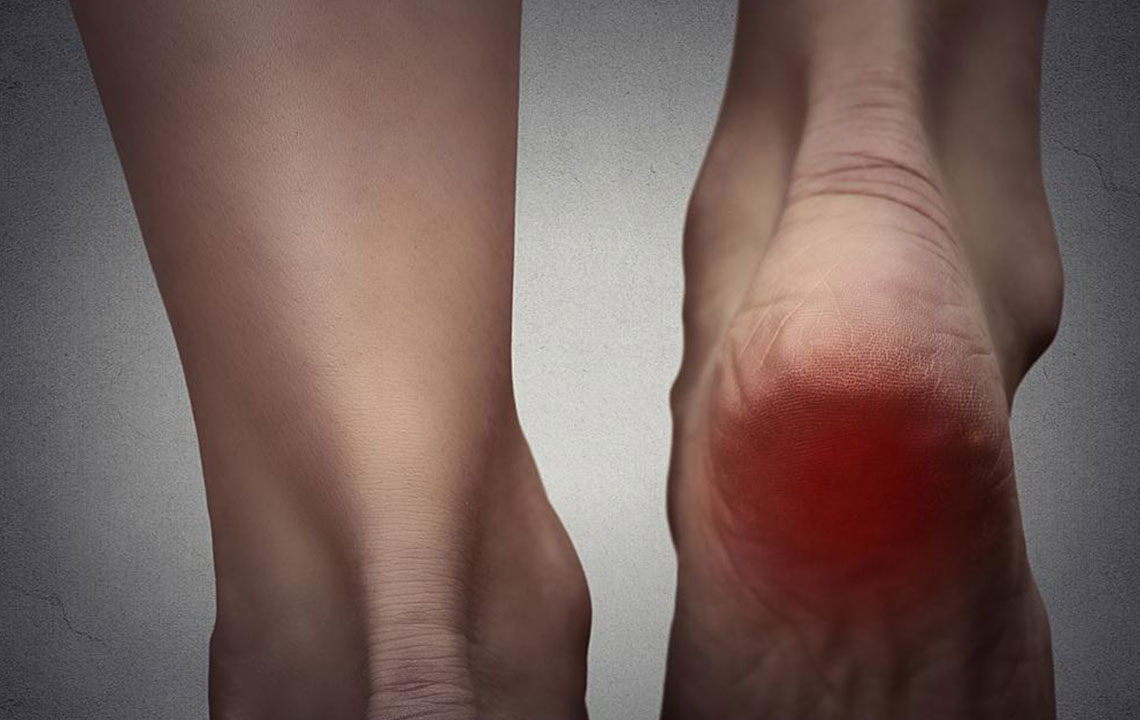Top 4 Causes of Hand Sensation Loss
Discover the top four causes of hand numbness, including Raynaud’s phenomenon, diabetes, and nerve compression syndromes. Learn symptoms and preventative tips to protect your hand health. Prompt medical consultation is crucial for persistent symptoms to prevent lasting nerve damage.

Top 4 Causes of Hand Sensation Loss
Experiencing numbness in your hand can be concerning. Imagine reaching for something hot or cold and feeling nothing — unsettling, isn't it? Hand numbness occurs when nerves or blood vessels are affected, sometimes causing temporary discomfort and other times leading to lasting damage. Damage to nerve endings at the fingertips results in tingling and numbness. Conditions such as diabetes and alcohol misuse are common underlying factors that contribute to this condition.
Below are some prevalent reasons for hand sensation loss.
Common causes of hand numbness
Raynaud’s Phenomenon – Blood vessels in the fingers may spasm or constrict suddenly in this condition, causing rapid changes between vessel constriction and dilation. This can lead to severe pain and numbness due to impaired blood flow.
Diabetes Mellitus – High blood sugar levels can cause diabetic neuropathy, damaging nerve fibers, particularly starting in the feet and progressing upward, leading to numbness in the hands.
Other causes include conditions like Carpal Tunnel Syndrome where nerves are compressed, resulting in numbness in the thumb, index, and middle fingers, and Cervical Radiculopathy, which involves nerve compression in the neck, causing hand numbness. Additional factors like vascular disorders, stroke, and multiple sclerosis may also contribute. If you experience persistent numbness, consult a healthcare professional promptly. Lifestyle modifications, such as reducing alcohol consumption and sugar intake, can help prevent or slow down progression.
Remember, early diagnosis and management are vital to prevent permanent nerve damage. Stay attentive to symptoms and seek medical advice when necessary.
Note:
Our blog provides insightful information across diverse topics. While our research aims to be accurate, readers should consider it informational and not definitive. We disclaim responsibility for data discrepancies or inaccuracies. Stay updated with dependable health advice and consult professionals for personal concerns.










